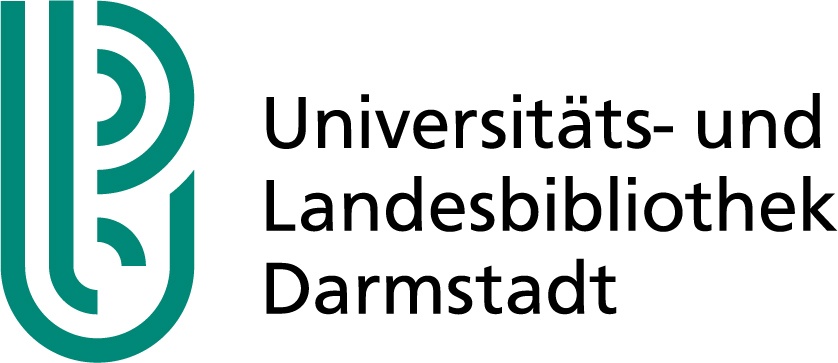European Religious Peace Agreements – A Digital Edition
The ULB Darmstadt supports a new long-term project on historical peace research
2020/01/16
This project is part of the Academy Programme which is sponsored by the German Federal Government and by the German State Governments. It is based at the Academy of Science and Literature in Mainz, in cooperation with the Leibniz-Institute for European History (IEG) and the University and State Library Darmstadt (ULB).
The religious peace aggreements concluded since the 16th century paved the way for a long-term and stable coexistence of different denominations and religions in modern Europe. They also made a major contribution towards the development of European statehood. Agreements for religious peace were important not only in political contexts but also in social and economic settings. For this purpose, different legal forms, such as treaties, edicts, or mandates were used.
It is the aim of the project to create critical digital editions of these texts and give researchers open access to it on the internet. It will then, for the first time, be possible to view the development of peace accords among religions in the “communication area of Europe” and compare them with each other. It will also be possible to see their textual dependencies, their reception and the influence they exerted when crossing cultural regions. In the project Theology and Historical Sciences will work closely together with Digital Humanities.
The project will run for 21 years, has a budget of 325.000,- € p.a. and finances researchers in Mainz and Darmstadt. Prof. Dr. Irene Dingel, Director of IEG (Division for Occidental Religious History), and Prof. Dr. Thomas Stäcker, Director of ULB Darmstadt, will be in charge of the project.
The ULB Darmstadt, as partner in this project, and its newly created Centre for Digital Editions (ZEiD) will look especially after its digital components. The project is in keeping with the ideal of Open Science which is officially encouraged at EU level. It means that data and documents as well as the emerging software should be made available free of charge in accordance with the so called FAIR principles (findable, accessible, interoperable and re-usable). The project is intended to be a modern realization of the classic historical-critical edition, but now with digital tools. By creating a virtual research environment which enables collaborative editing, the new mode of working can establish a permanent process of increasing knowledge and insight. It can improve editing techniques and raise existing standards. The project will also take into account concepts like the semantic web and will use techniques of text mining and the visualization of information.
The decision of the German Federal Government and the German States to support this research programme for 21 years will promote Darmstadt as a research place for Digital Humanities and trigger the application of new methods of digital editing and publishing.
Contact
Prof. Dr. Thomas Stäcker
Universitäts- und Landesbibliothek Darmstadt
Magdalenenstr. 8
64289 Darmstadt
+49 (0)6151 16-76200
direktion@ulb.tu-…

